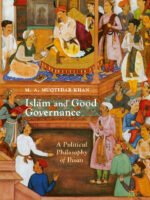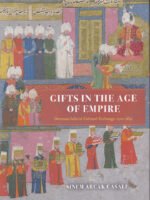The book’s contributors examine major cases of Islamist party evolution and participation in democratic and semidemocratic systems in Turkey, Morocco, Yemen, Indonesia, Malaysia, and Bangladesh. Collectively they articulate a theoretical framework to understand the strategic behavior of Islamist parties, including the characteristics that distinguish them from other types of political parties, how they relate to other parties as potential competitors or collaborators, how ties to broader Islamist movements may affect party behavior in elections, and how participation in an electoral system can affect the behavior and ideology of an Islamist party over time.
Through this framework, the contributors observe a general tendency in Islamist politics. Although Islamist parties represent diverse interests and behaviors that are tied to their particular domestic contexts, through repeated elections they often come to operate less as antiestablishment parties and more in line with the political norms of the regimes in which they compete. While a few parties have deliberately chosen to remain on the fringes of their political system, most have found significant political rewards in changing their messages and behavior to attract more centrist voters. As the impact of the Arab Spring continues to be felt, Islamist Parties and Political Normalization in the Muslim World offers a nuanced and timely perspective of Islamist politics in broader global context.









Be the first to review “Islamist Parties and Political Normalization in the Muslim World”